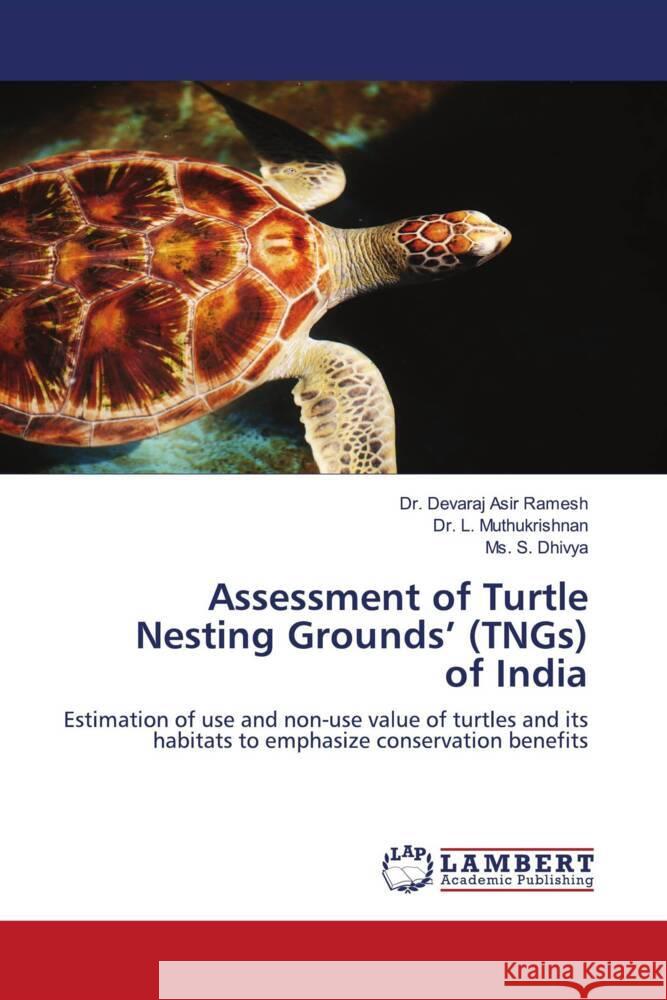Assessment of Turtle Nesting Grounds' (TNGs)of India » książka
Assessment of Turtle Nesting Grounds' (TNGs)of India
ISBN-13: 9786203026443 / Angielski / Miękka / 60 str.
In general, the survival of sea turtle has been threatened by loss of their habitat. It is widely observed that, the turtle population and its nesting beaches are declining due to sea level rise and urbanisation activities. In India, turtles have been protected under Schedule 1 of the Indian Wild Life (Protection) Act, 1972. Turtle Nesting Grounds have been classified as Ecologically Sensitive Area (ESA) under Coastal Regulation Zone Notification (CRZ 2019) and the activities in turtle nesting area have been prohibited and regulated. Public participation is a crucial element in environmental governance that contributes to better decision making. Expressing in economic terms of various use and non-use values of the TNGs and turtles shall encourage people to involve protection and conservation of turtles and habitats. Awareness about various goods and services produced by turtles and their habitats (TNGs) shall encourage people to involve participatory and co-management of coastal ecosystems. The values of TNGs shall guide decision making process in the search for sustainability and cost benefit analysis of any development activities.











